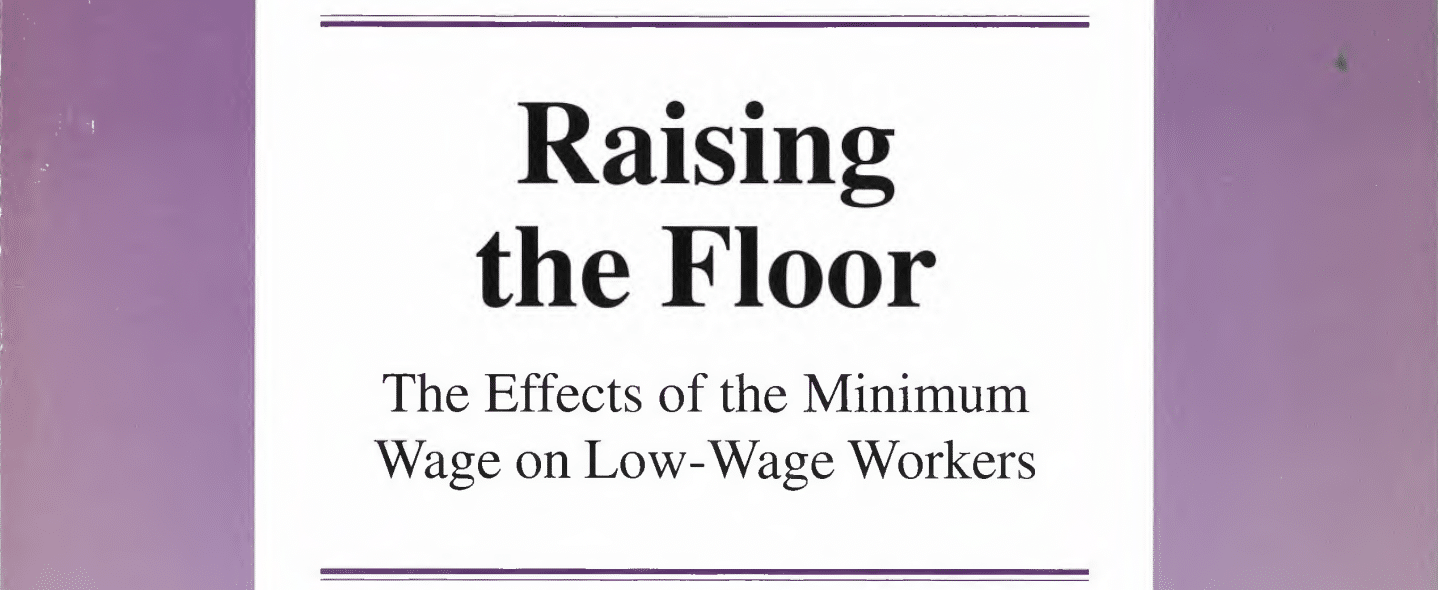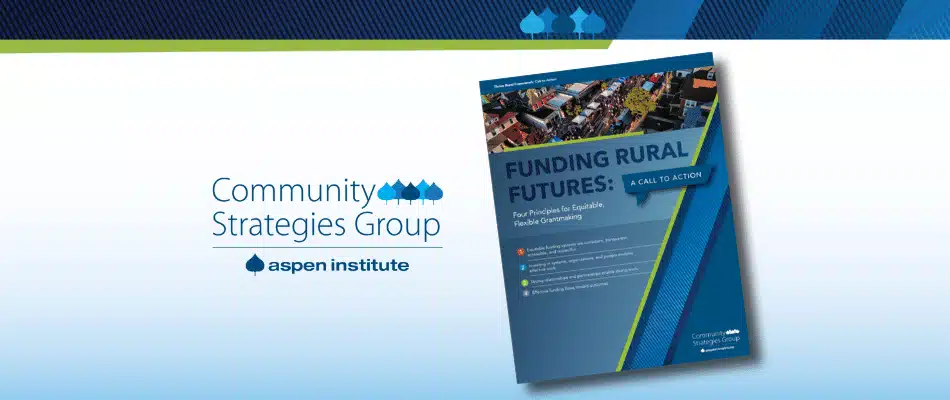View this Publication
Paper aims to examine the real value of minimum wage declines and its impact on the American workforce, particularly paying attention to rural workers.
Researchers employ findings from a survey of restaurants in Jackson, Mississippi and Greensboro, North Carolina to determine that: 1) Increases in the minimum wage produce no significant changes in employment, either up or down, among low-wage firms; 2) Rather than merely raising the wages of workers who had been earning less than the new minimum, firms respond to a mandates increase in the minimum wage by raising the wages of all workers.; 3) Firms to not resort to nonwage remedies, such as reducing employee benefits or raising prices, in response to changes in minim wages.
Researchers conclude that while there may exist minimal costs involved in raising the minimum wage, there is a price to be paid for holding it to a low level through pulling adults below the poverty line, increasing dependence on a depleted social system, and diminishing opportunities for young adult workers.








